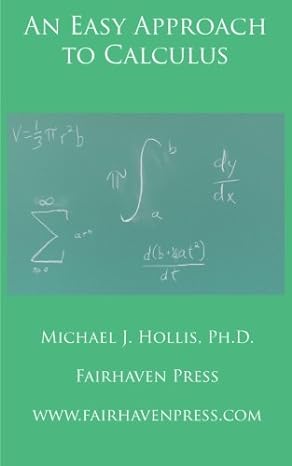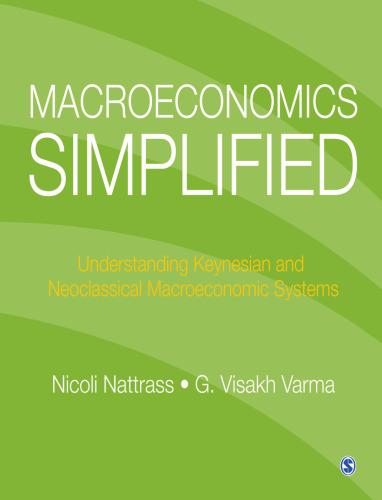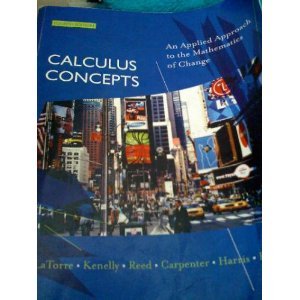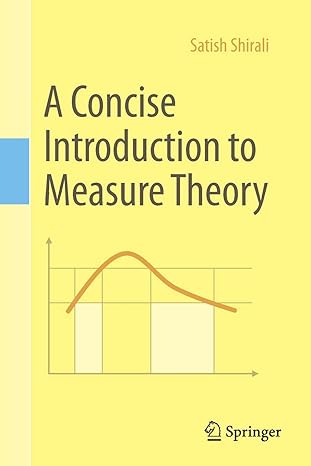Go back

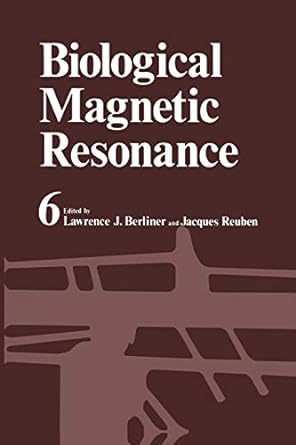
Biological Magnetic Resonance Volume 6(1st Edition)
Authors:
Lawrence Berliner, Jacques Reuben

Cover Type:Hardcover
Condition:Used
In Stock
Shipment time
Expected shipping within 2 DaysPopular items with books
Access to 30 Million+ solutions
Free ✝
Ask 50 Questions from expert
AI-Powered Answers
✝ 7 days-trial
Total Price:
$0
List Price: $54.99
Savings: $54.99(100%)
Solution Manual Includes
Access to 30 Million+ solutions
Ask 50 Questions from expert
AI-Powered Answers
24/7 Tutor Help
Detailed solutions for Biological Magnetic Resonance Volume 6
Price:
$9.99
/month
Book details
ISBN: 1461565480, 978-1461565482
Book publisher: Springer
Get your hands on the best-selling book Biological Magnetic Resonance Volume 6 1st Edition for free. Feed your curiosity and let your imagination soar with the best stories coming out to you without hefty price tags. Browse SolutionInn to discover a treasure trove of fiction and non-fiction books where every page leads the reader to an undiscovered world. Start your literary adventure right away and also enjoy free shipping of these complimentary books to your door.
Book Summary: We have now reached our sixth volume in a series which has somewhat unintentionally become an annual event. While we still intend to produce a volume only if a suitable number of excellent chapters in the forefront of biological magnetic resonance are available, our philosophy is to present a pedagogical yet critical description and review of selected topics in mag netic resonance of current interest to the community of biomedical scien tists. This volume fulfills our goals well. As always, we open the volume with a chapter which directly addresses an in vivo biological problem: Phil Bolton's presentation of new techniques in measuring 31 P NMR in cells. Lenkinski's chapter on the theory and applications of lanthanides in protein studies covers the details, highlights, and pitfalls of analysis of these com plexes in biochemical NMR. Reed and Markham summarize the interpreta tion of EPR spectra of manganese in terms of structure and function of proteins and enzymes. Dalton and colleagues describe the applications to biological problems of the relatively new capability of time domain ESR. Finally, we are pleased to offer a departure from mainstream magnetic resonance with the comprehensive and stimulating chapter by Gus Maki on the theory, instrumentation, and applications of optically detected magnetic resonance.
Customers also bought these books
Frequently Bought Together
Top Reviews for Books
Gelacio torres
( 5 )
"Delivery was considerably fast, and the book I received was in a good condition."


